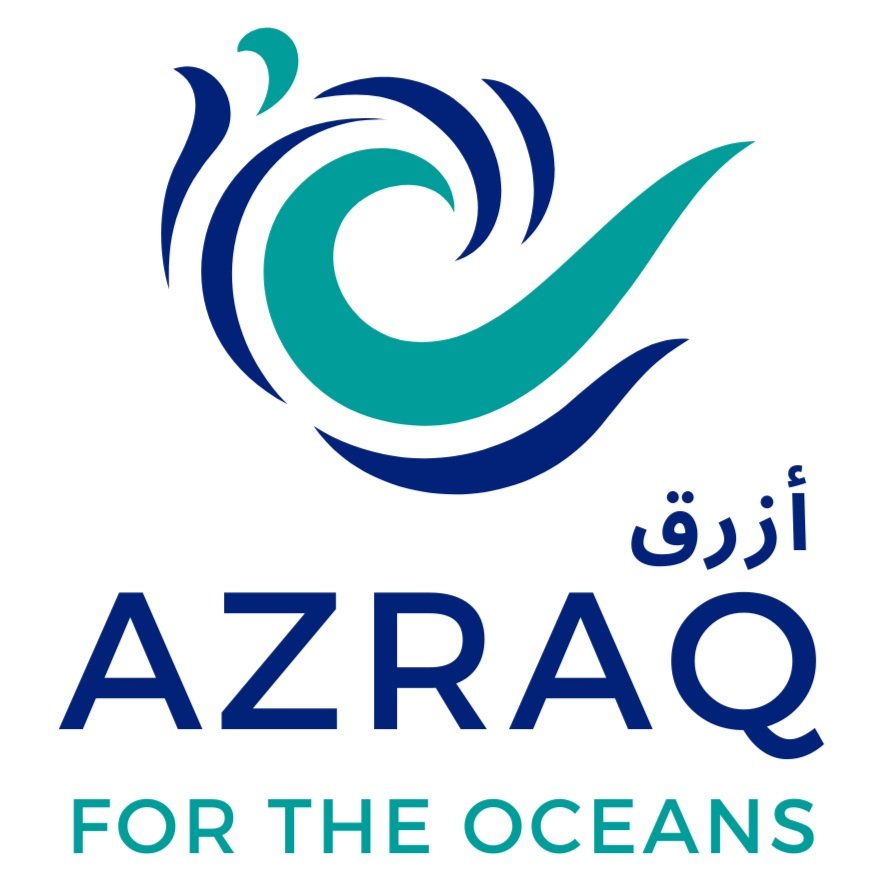Coral Restoration
Coral reefs are one of the most popular attractions of our ocean, the vibrant colours, shapes and sizes are breathtaking. They are home to 25% of tropical marine life and have a huge impact on keeping our oceans healthy and full of life.
Our Goal
Azraq’s Reef Rescue initiative aims to raise awareness on the importance of the Coral Reef Ecosystem. Our goal is to reduce our impact, survey and monitor UAE reefs and increase the size of the marine ecosystems on the UAE coastline, by employing artificial reef techniques.
What are coral reefs?
A coral reef is an underwater ecosystem characterized by reef building corals. Reefs are formed of colonies of coral polyps held together by calcium carbonate. Most coral reefs are built from stony corals, whose polyps cluster in groups.
Coral reefs begin to form when free swimming coral larvae attach to submerged rocks or other hard surfaces along the edges of islands or continents.
As the corals grow and expand, reefs take on one of three major characteristic structures; fringing, barrier or atoll.
Coral reefs are built by coral polyps as they secrete layers of calcium carbonate beneath their bodies. The corals that build reefs are known as hard or reef building corals. Soft corals, such as sea fans and sea whips, do not produce reefs, they are flexible organisms that sometimes resemble plants or trees.
Corals are animals and unlike plants, corals do not make their own food. The branch or mound that we often call a coral is actually made up of thousands of tiny animals called polyps.
There are about 6,000 (species) of corals, though there are some estimates that reach as high as 9,000 species. with about 3,000 species being hard corals that build coral reefs.
Most corals contain a symbiotic algae called zooxanthellae which helps with photosynthesis and also produces oxygen and helps the coral to remove wastes.
Healthy coral reefs require: light, low nutrients and clear water, salinity comprised between 32 and 42 ppm* (parts per million), water temperatures between 18 and 32 degree celcius and water circulation.
Become A Reef Rescuer
Gather your friends, colleagues, or family and learn more about coral conservation and planting or sponsoring artificial coral reefs!
4 reasons coral reefs are important
1. Protect coastal areas
Coral reefs provide a buffer, protecting 20% of the world's coasts from waves, storms, and floods. Corals form barriers to protect the shoreline from waves and storms, preventing loss of life, property damage and erosion.
3. Protect coastal areas
Corals act as a nursery for more than 25% of all marine species and provide a food source for more than 100 million people worldwide.
2. Water filteration system
Coral reefs are nature's water filtration system. Many individual corals and sponges consume particles found in the ocean. In turn, this enhances the clarity and quality of the ocean's waters.
4. Boosts tourism
Bring approximately 10 trillion USD into worldwide economies through tourism activities such as diving and snorkeling.
How can you help protect coral reefs?
Ensure foods purchased (particularly seafood) is sustainable
Avoid touching corals
Use coral friendly sunscreen and/or wear rashguards. Shop our collection of coral safe sunscreens
Limit your consumption of electricity and gas
Join local citizen science coral reef studies
Promote our statistics and information about coral reefs on social media
Book a presentation on coral reefs for your friends, school, peers or colleagues
Sponsor a diver to undertake a coral reef survey - book today.
Have a question?
We would love to hear from you! If you have any questions about coral reefs or marine conservation - get in touch with our team and we’d be happy to help.





